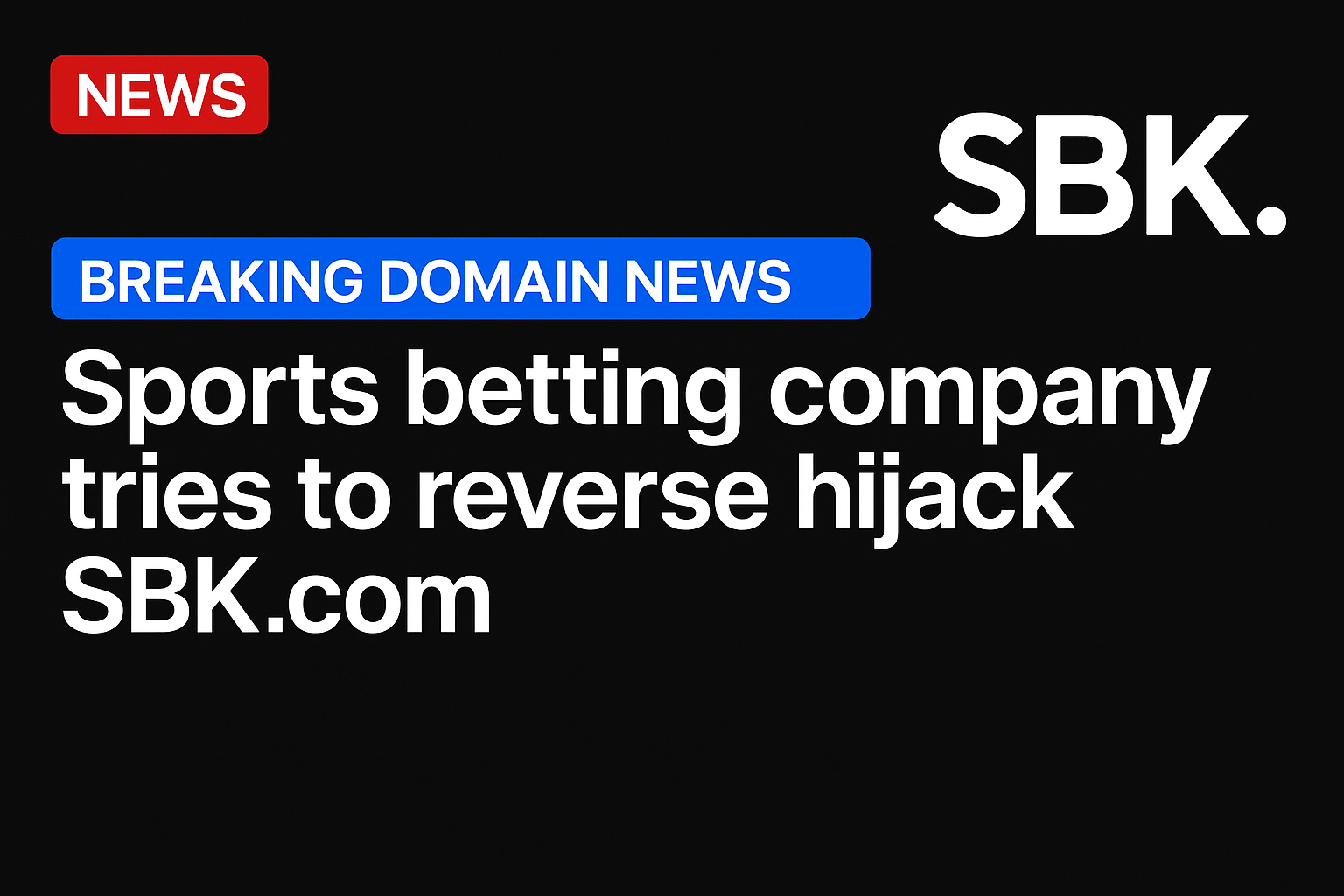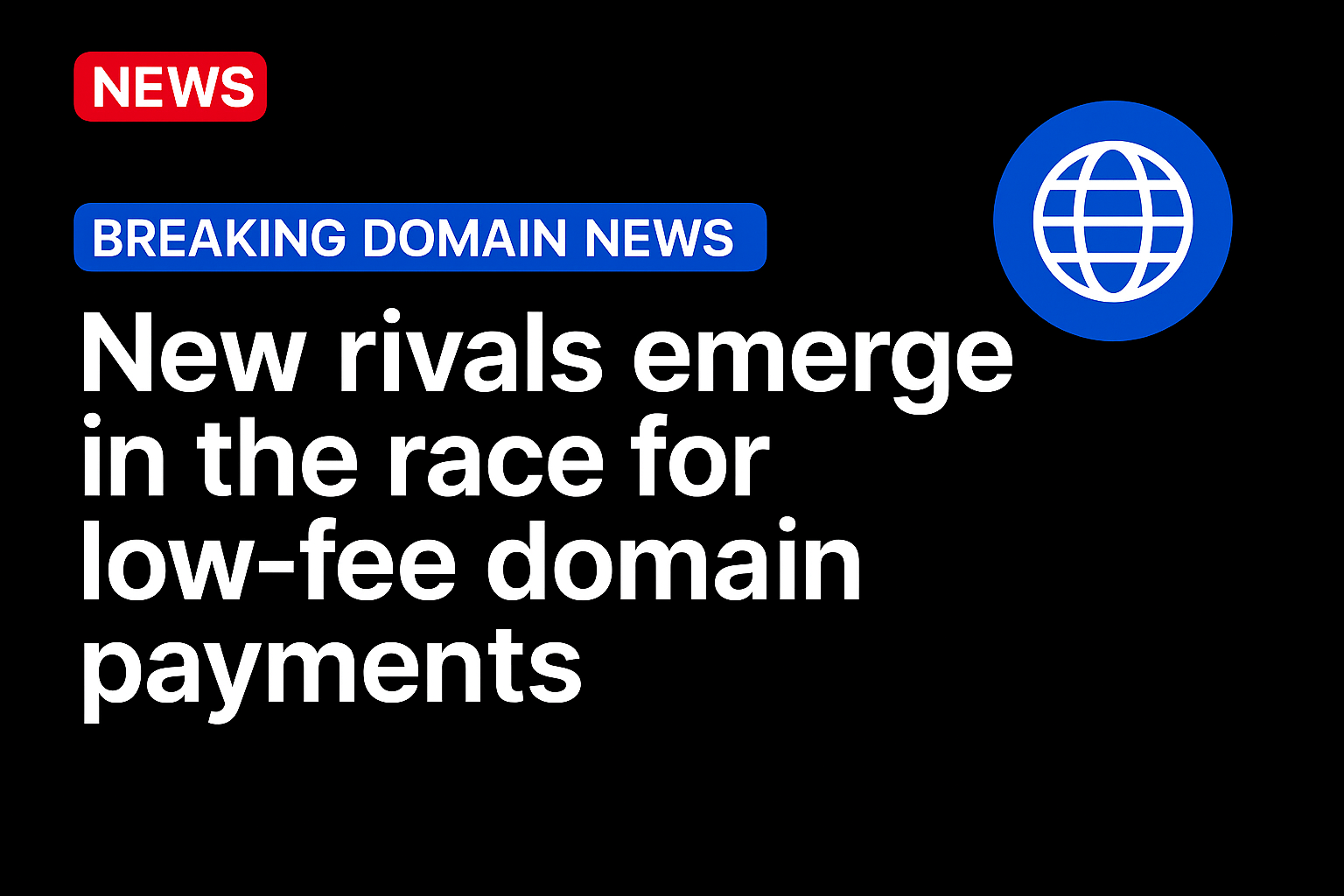
Company tried to obtain valuable domain through UDRP after its purchase overtures were rebuffed.
A World Intellectual Property Organization panelist has found Smarkets Limited to have tried reverse hijacking the domain name sbk .com. The sports betting company has stylized trademarks for SBK and uses the domain name betSBK .com.
The domain was acquired by the Respondent before Smarkets had trademarks in the term SBK, and Smarkets did not show prior common law rights. Therefore, Smarkets failed to show that the domain was registered in bad faith.
A three-person panel unanimously agreed that this was attempted reverse domain name hijacking. Smarkets failed to disclose a lot of its pre-filing communications with the domain owner. The panel wrote:
First, the Complaint provided no details of the prior and several communications between the Complainant, including its Chief Executive Officer, and the Respondent regarding the disputed domain name. It appears to the Panel that the Complainant has been actively monitoring the Respondent and its actions since 2018.
Second, the evidence shows that the Complainant was aware that the Respondent acquired and used the disputed domain name before the Complainant filed its trademark applications for SBK. Knowing this, the Complainant should have known that its case had zero chance of success.
Third, the Complainant filed the Complaint with no evidence of bad faith use by the Respondent. The Complaint, in respect of the third element, simply states:
“It is clear that the respondent obtained the domain sbk.com with the sole purpose of selling for a profit. The domain name is listed on a domain marketplace, GoDaddy, where broker services are offered to help facilitate a purchase. This is evidenced in ANNEX I.”
The Complainant has no evidence to show that the sole purpose of the Respondent was to sell the disputed domain name for a profit. In fact, the evidence is to the contrary. The Respondent had refused the Complainant’s unsolicited advances to purchase the disputed domain name. Moreover, the evidence relied upon by the Complainant to demonstrate that the Respondent wished to sell the disputed domain name is a printout of a GoDaddy webpage where GoDaddy is soliciting business from the Complainant to offer to approach the Respondent to try to broker a sale; it is not a listing placed by the Respondent to sell the disputed domain name. Moreover, even if the disputed domain name was listed for sale, this fact, of itself, is usually not sufficient to demonstrate bad faith. See, for example, Sage Global Services Limited v. Narendra Ghimire, Deep Vision Architects, WIPO Case No. DAI2023-0010.
The Panel could list several submissions and assertions made by the Complainant which are not borne out by any reasonable interpretation of the evidence that the Complainant had to hand when the Complainant filed the Complaint.
This dispute involved a domain name comprises only three letters. In the circumstances, one would expect that the Complainant would have provided substantial evidence of both the fame of its trademark and the bad faith conduct of the Respondent. The Complainant did not do so.
Source: https://domainnamewire.com/




